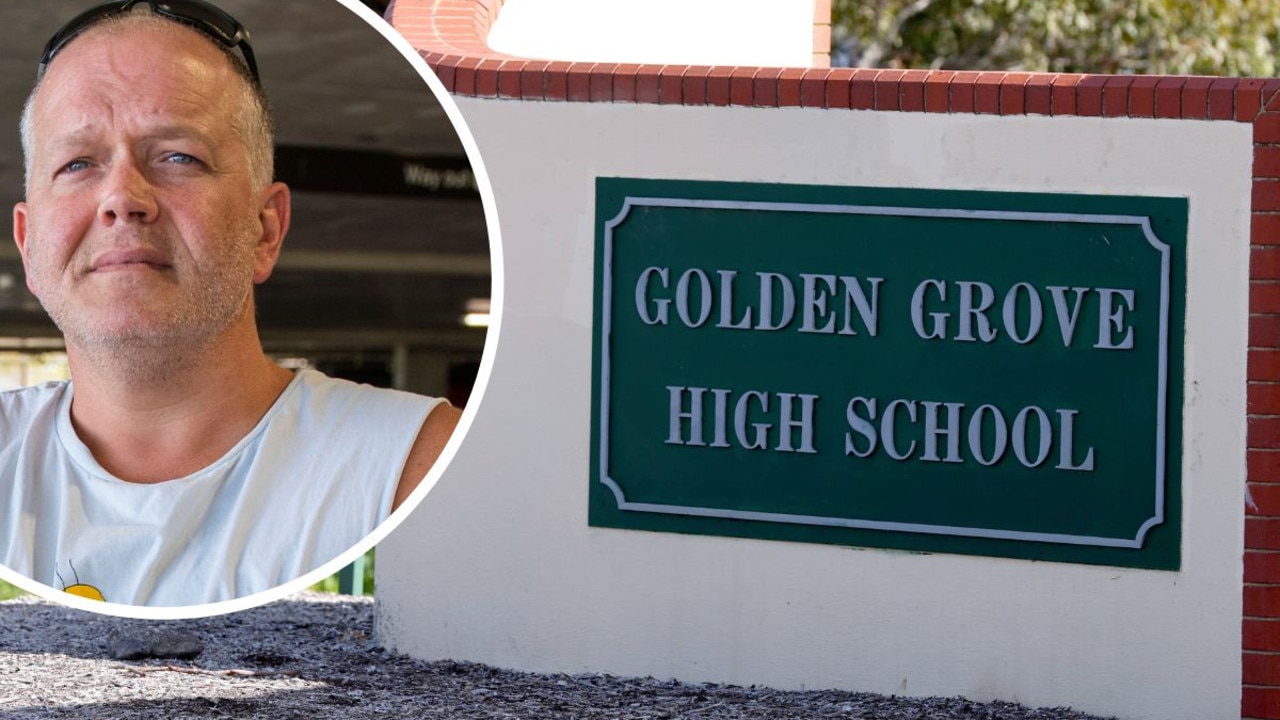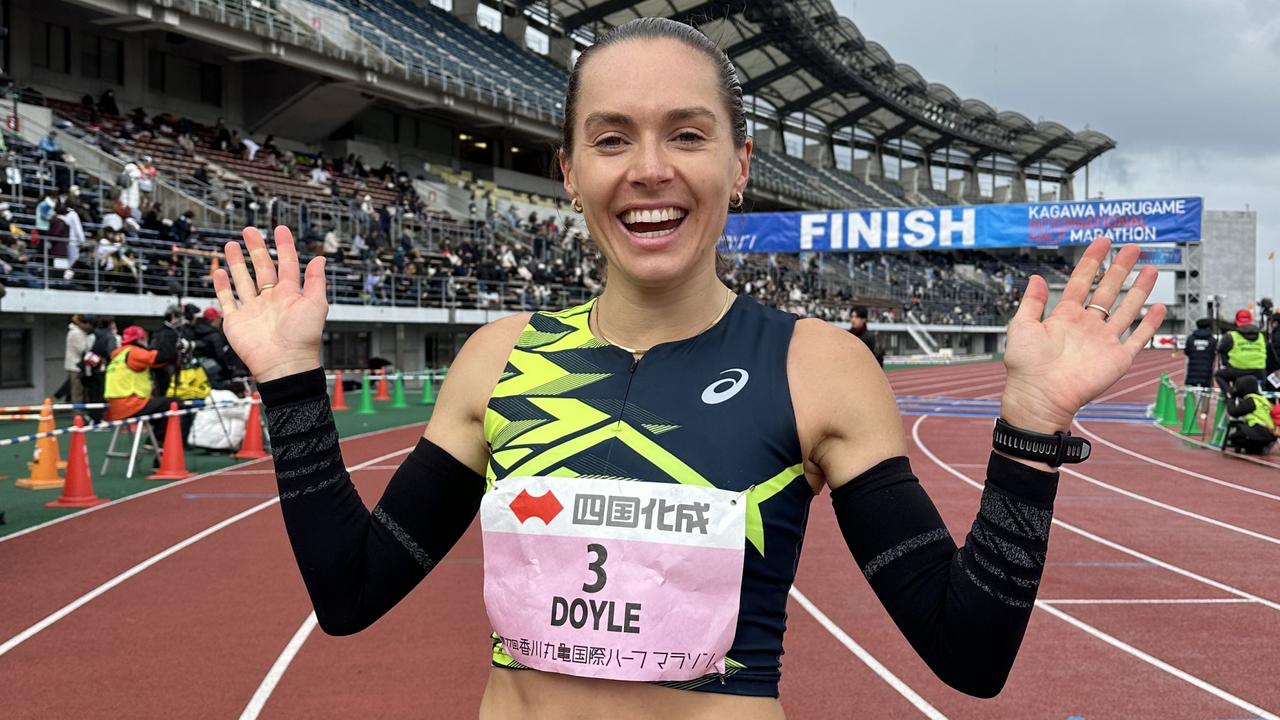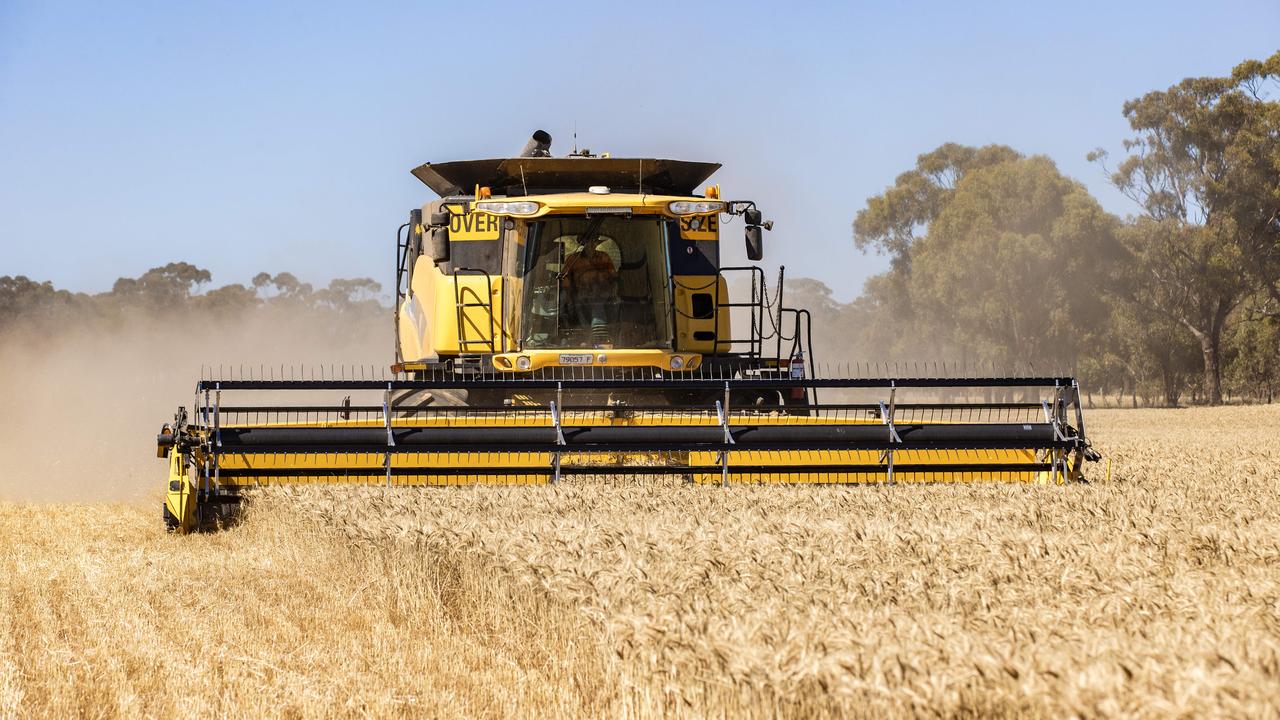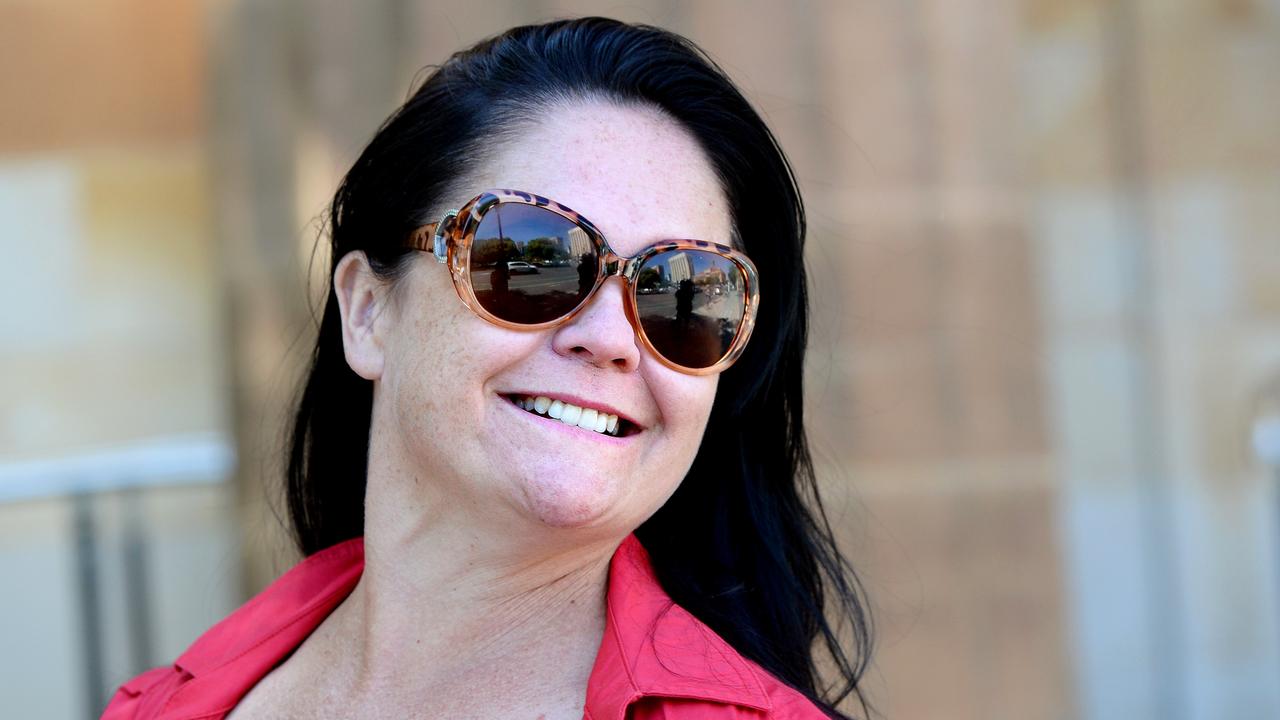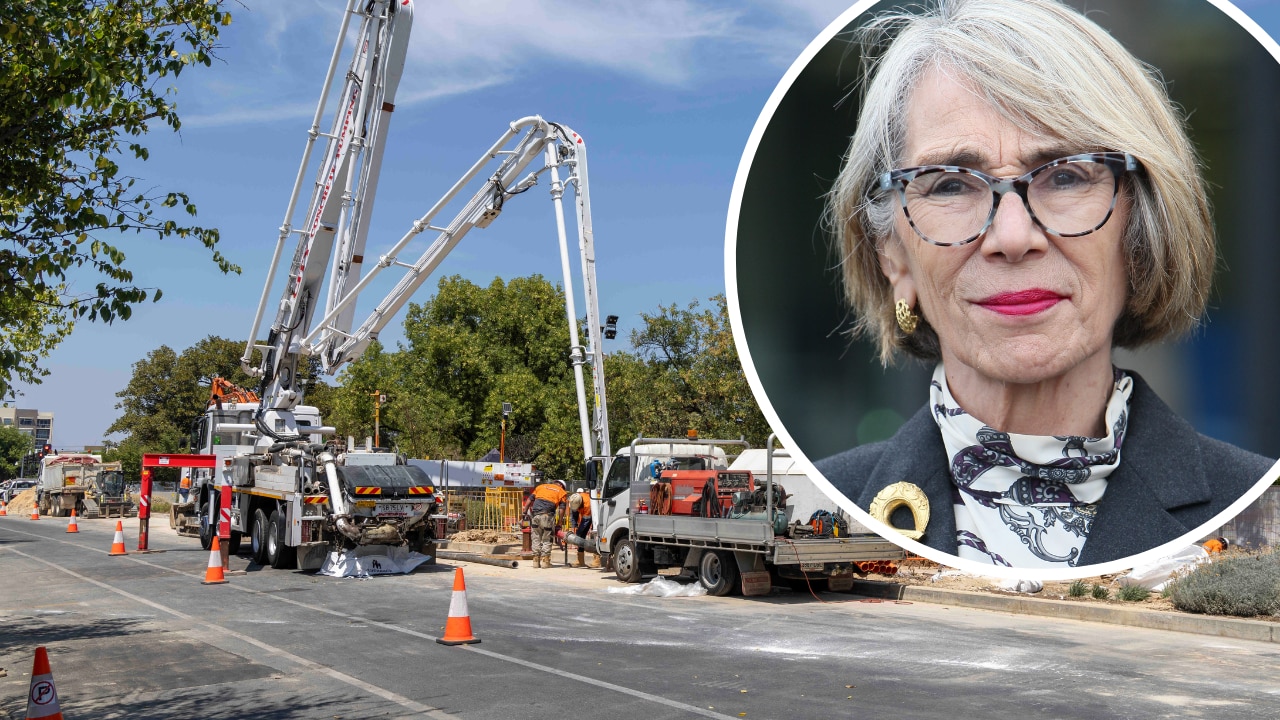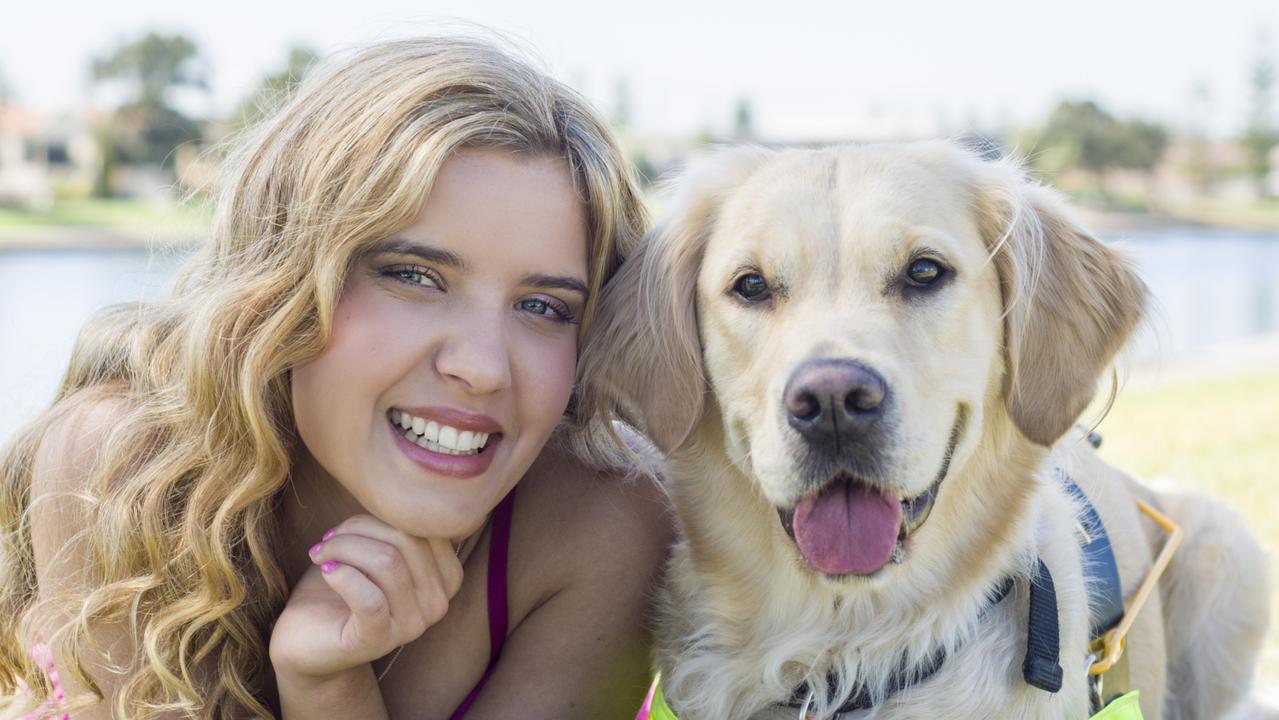Woman on a mission: Adelaide’s Katherine Bennell-Pegg makes history as first Australian woman to be internationally trained as astronaut
Adelaide mum-of-two Katherine Bennell-Pegg is shooting for the stars, as she prepares to graduate from astronaut training. Read her inspiring story.
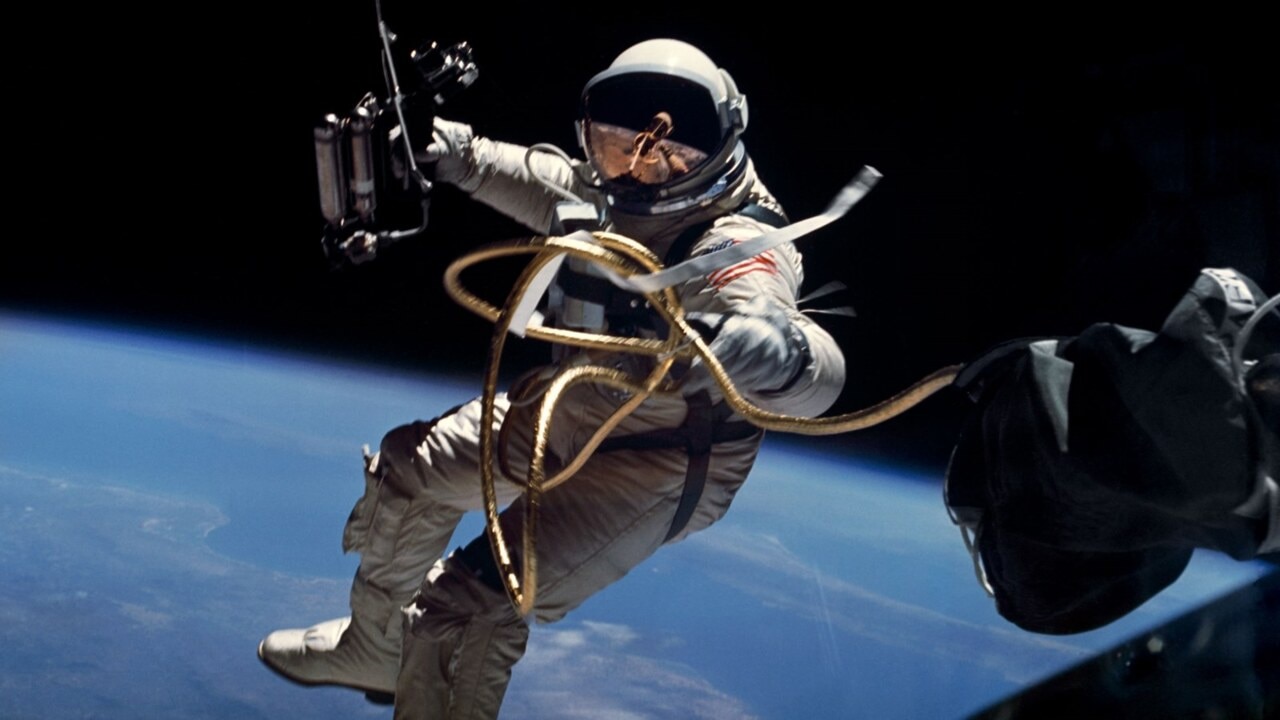
SA News
Don't miss out on the headlines from SA News. Followed categories will be added to My News.
Katherine Bennell-Pegg isn’t just reaching for the stars, she’s shooting for them.
Monday night, the trailblazing Adelaide mother of two will make history when she graduates from astronaut training as the first person to do so under the Australian flag.
“It’s a real honour, and I’m really humbled by the support and encouragement I’ve received from everyone back home,” Ms Bennell-Pegg told The Advertiser, adding: “It’s absolutely incredible, but it’s not just my achievement. I really stand on the shoulders of giants here.”
Those giants include Adelaide-born Dr Andrew “Andy” Thomas, one of Ms Bennell-Pegg’s childhood idols, who is cheering her on.
“Congratulations on completing this major milestone as the first Australian astronaut,” he messaged her, adding: “Now you are ready to make the next giant leap, as you boldly go where no Australian woman has gone before!”
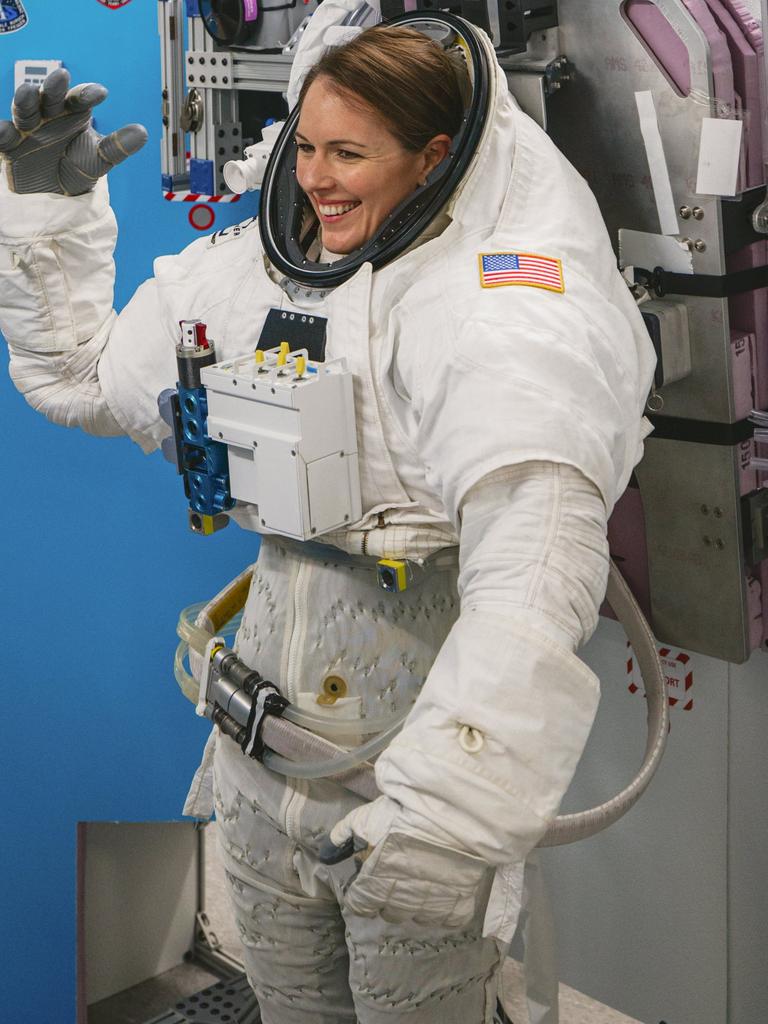
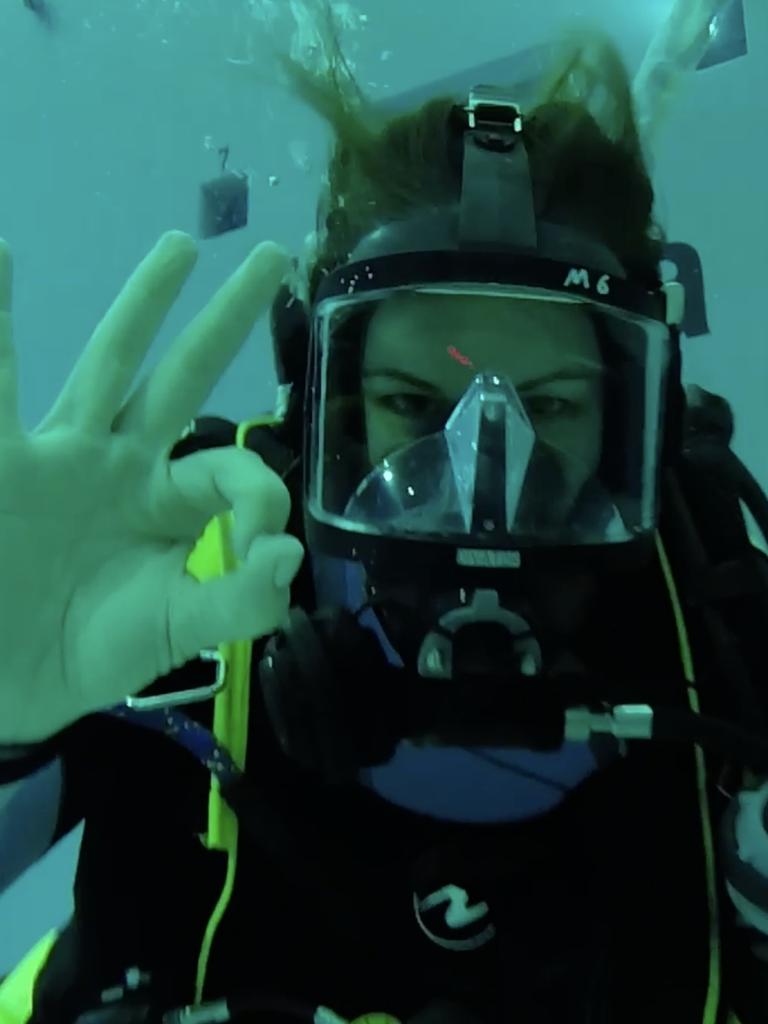
When Dr Thomas became the first Australian astronaut to venture to space in 1996, the dual citizen did so representing the US. Another of her heroes, Aussie payload specialist Paul Scully Power, also went as an American citizen.
Ms Bennell-Pegg is preparing to sign off from the European Space Agency’s astronaut basic training course, in Germany.
It is a prerequisite for assignment to missions to the International Space Station.
Successfully completing it means she is qualified to a become Australia’s first female in space and the inaugural astronaut to venture there under our flag.
When and if that will happen is out of the 39-year-old’s control – Australia must choose to send her.
But she is “very optimistic”. And in the eyes of Ms Bennell-Pegg’s biggest little fan, five-year-old daughter Hazel, mum had already made it when she commenced training.
“I think my youngest thought I was going to space every day,” Ms Bennell-Pegg said.
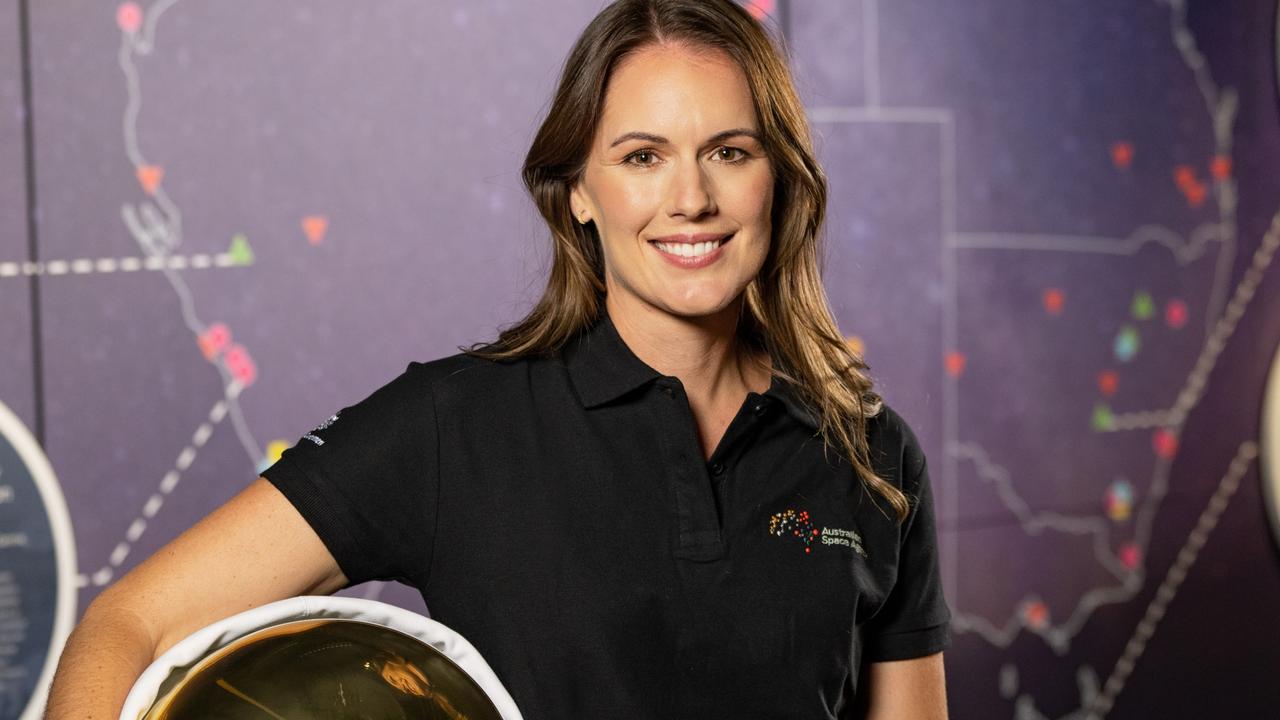
Hazel and big sister, Clara, eight, and their dad, Campbell Pegg, who is a spacecraft systems engineer, have been with Ms Bennell-Pegg during her space training odyssey.
“(They) have been incredible support. I’m so grateful, especially to my husband. He took the lion’s share of bringing the family over,” she said.
“It’s a wonderful international experience for them.”
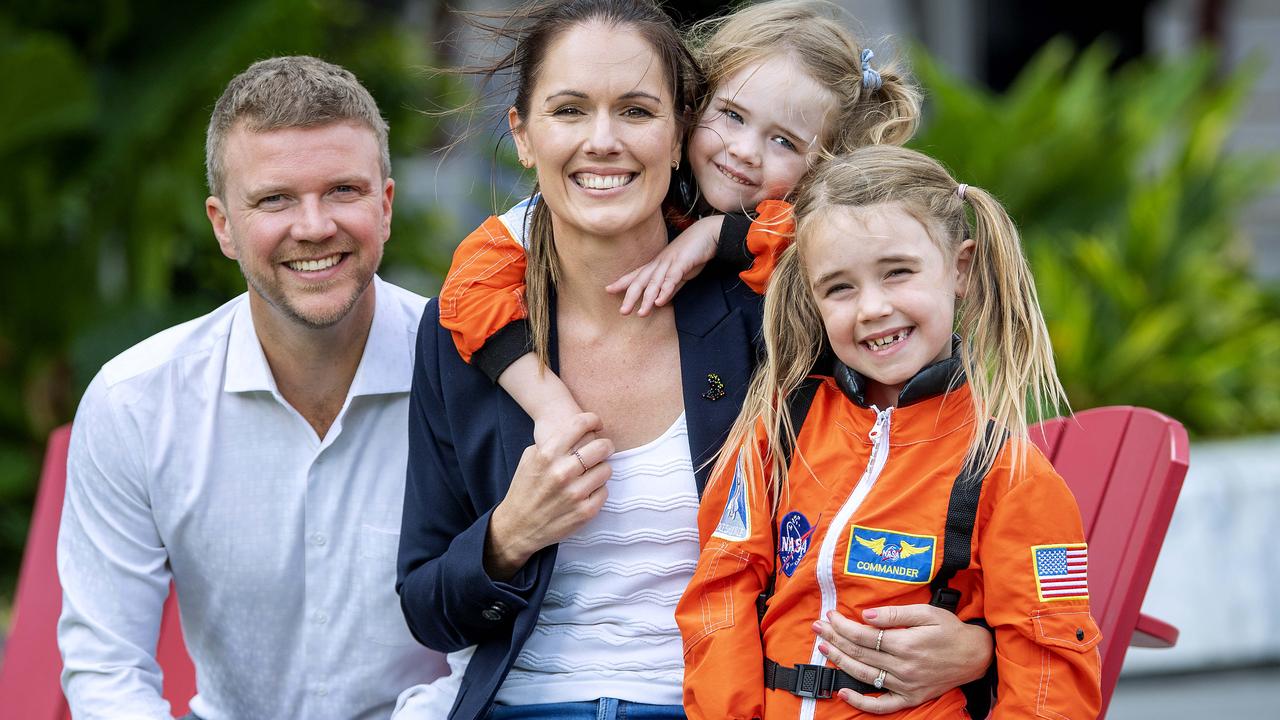
Their big adventure began 12 months ago, after Ms Bennell-Pegg was named 2023’s The Advertiser Sunday Mail SkyCity Woman of the Year.
At the time, she was the director of space technology at the Australian Space Agency here in Adelaide. She has worked there since late 2019 and will continue to do so when the family returns home to Adelaide in July or August.
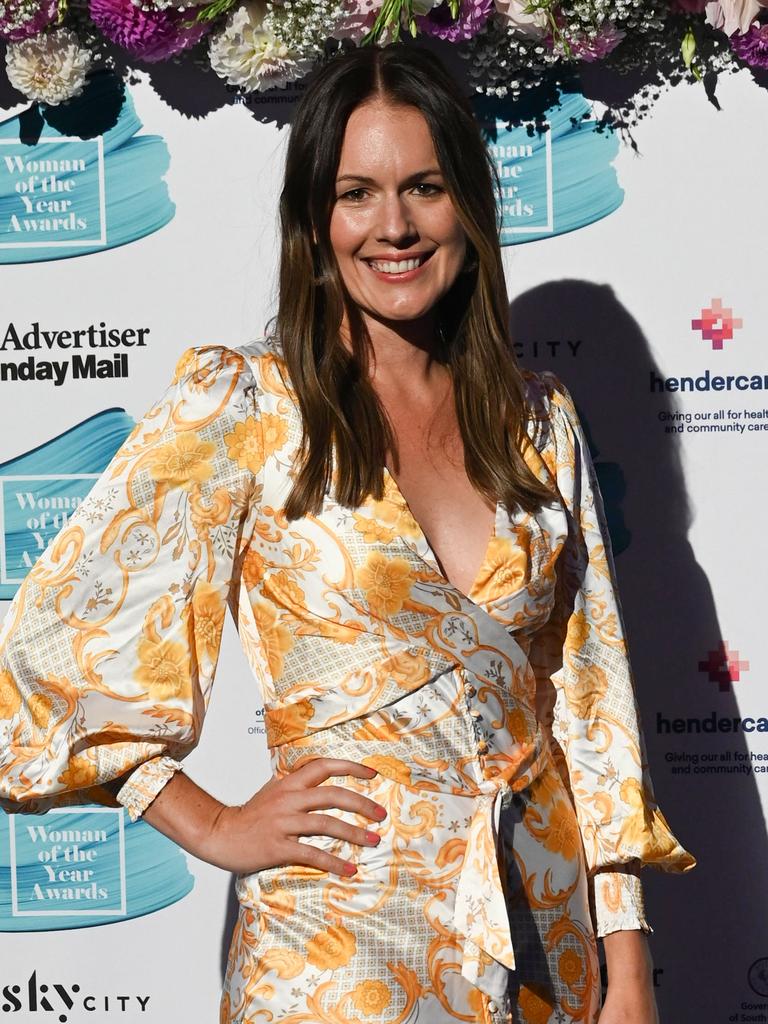
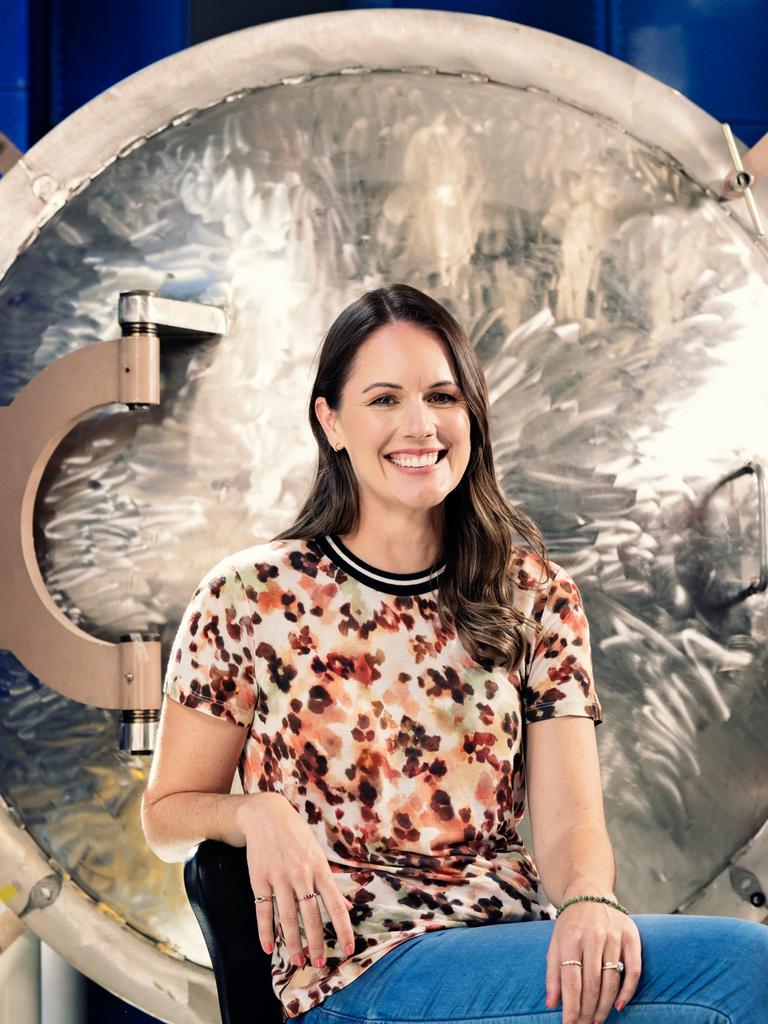
Her training has been intense. Ms Bennell-Pegg and her class have just spent a week in parabolic flight training, to experience the same weightlessness astronauts are subject to in space.
“It was really fun, but also a practical lesson in how to move around in zero gravity, which is very different to normal gravity,” she said of the training exercises.
While Ms Bennell-Pegg’s smile is contagious in the happy snaps she has posted on X (formerly Twitter), the real upside to the parabolic flight training was discovering what to do in an emergency.
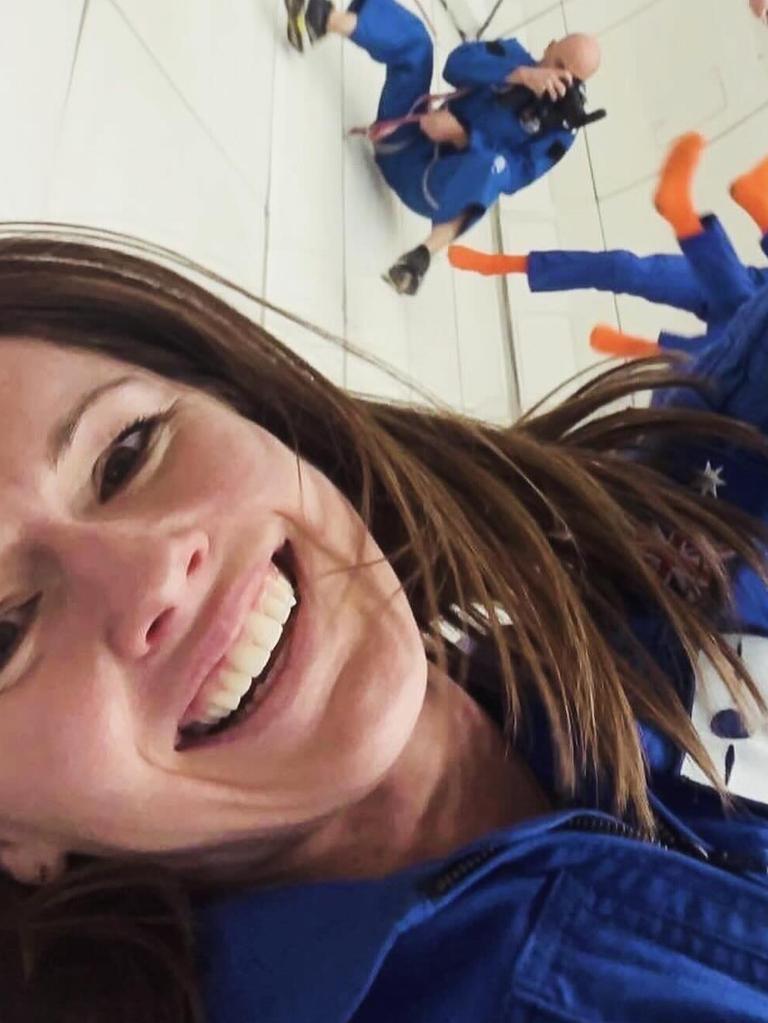
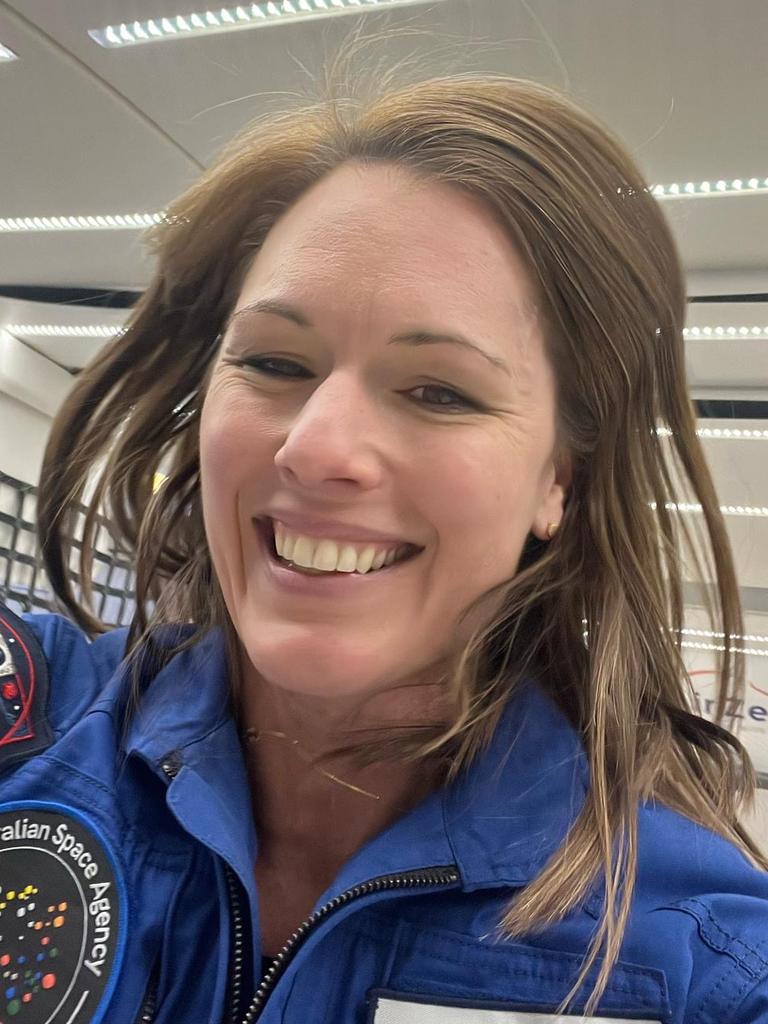
For example, she was taught how to perform CPR in space.
“If you do CPR in the normal way you’ll just push on the person’s chest and fly backwards,” she said.
“You actually almost do a handstand on the person and put your feet on the roof and use your leg muscles … to do the compressions.
“We learn how to do experiments on ourselves because astronauts are medical test subjects in space.”
Ms Bennell-Pegg has also learnt how to perform surgery in space – should she need to on a colleague or herself!
“We also go into hypoxia and hyperbaric (oxygen) chamber testing, which means experiencing what it’s like to have low oxygen and low pressure,” she said. “So, if there’s a leak on the space station, you can identify that something’s wrong before it’s too late.”
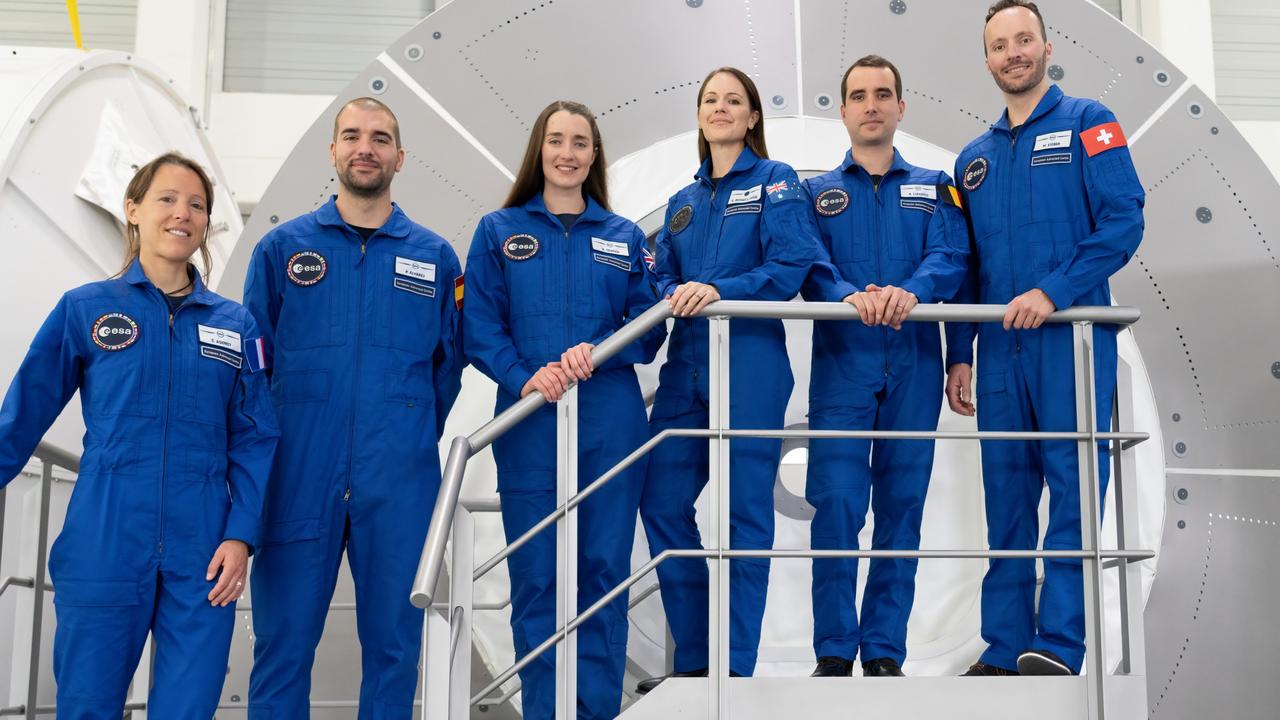
Ms Bennell Pegg would like to work in medical research on the International Space Station in the future.
“There’s really interesting cancer research that’s done up there,” she said.
“I’d hope that I’d be able to contribute to addressing some of the horrible diseases we have on earth, through space.”
She said astronauts were taught to wear many helmets – scientist, pilot, machinery operator, test subject, engineer, teacher, ambassador, diplomat and photographer – to learn more about space, but also take “beautiful” images for the world to see.
“I’m just in awe of what I’m learning every day,” she said.
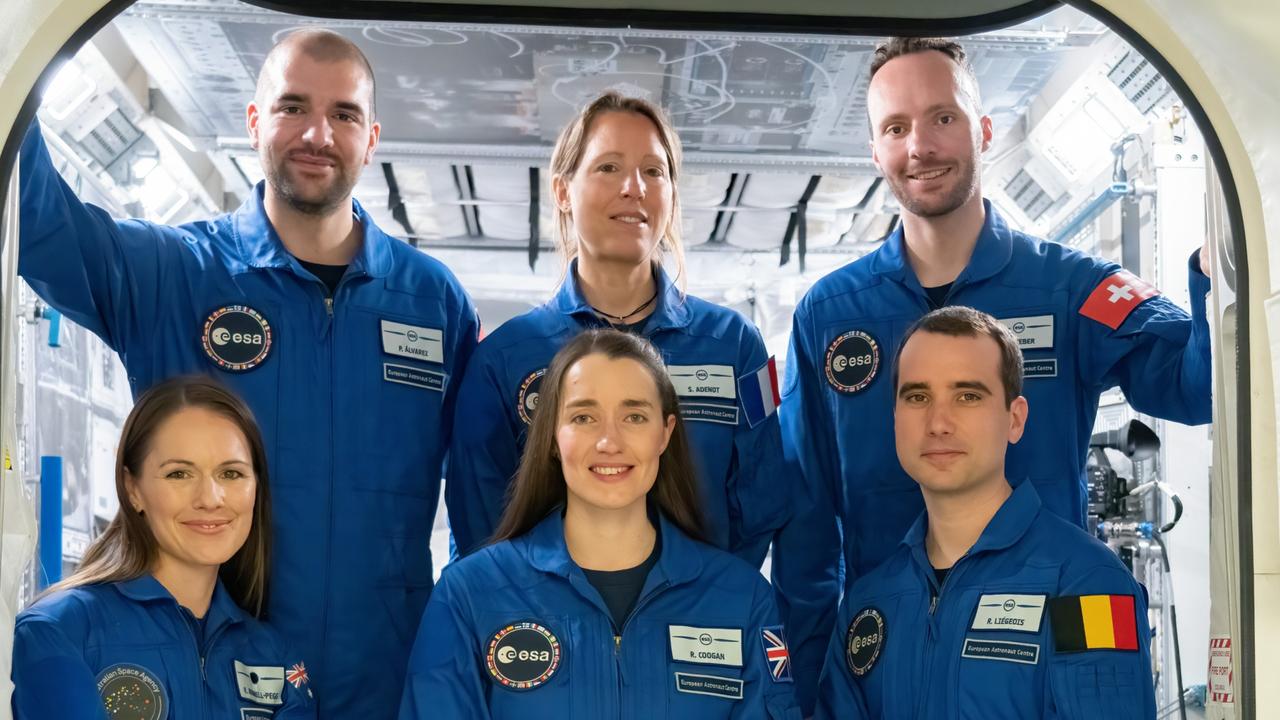
Ms Bennell-Pegg has also been an educator during her training, which she plans to continue upon her return to Adelaide.
“A really important part of an astronaut’s job is to help raise the level of aspirations for the next generation in their country, to help foster increased trust in science because we need that to address the grand challenges our world is facing – things like climate change – and we need to build the STEM workforce of the future,” she said.
That said, a space voyage is still her grand plan.
“When I was young, I used to love looking at the stars through binoculars and a telescope,” Ms Bennell-Pegg said.
“Maybe one day my kids can look up through a telescope from our backyard and I’ll be waving back at them, and that would be really special.”
Originally published as Woman on a mission: Adelaide’s Katherine Bennell-Pegg makes history as first Australian woman to be internationally trained as astronaut




